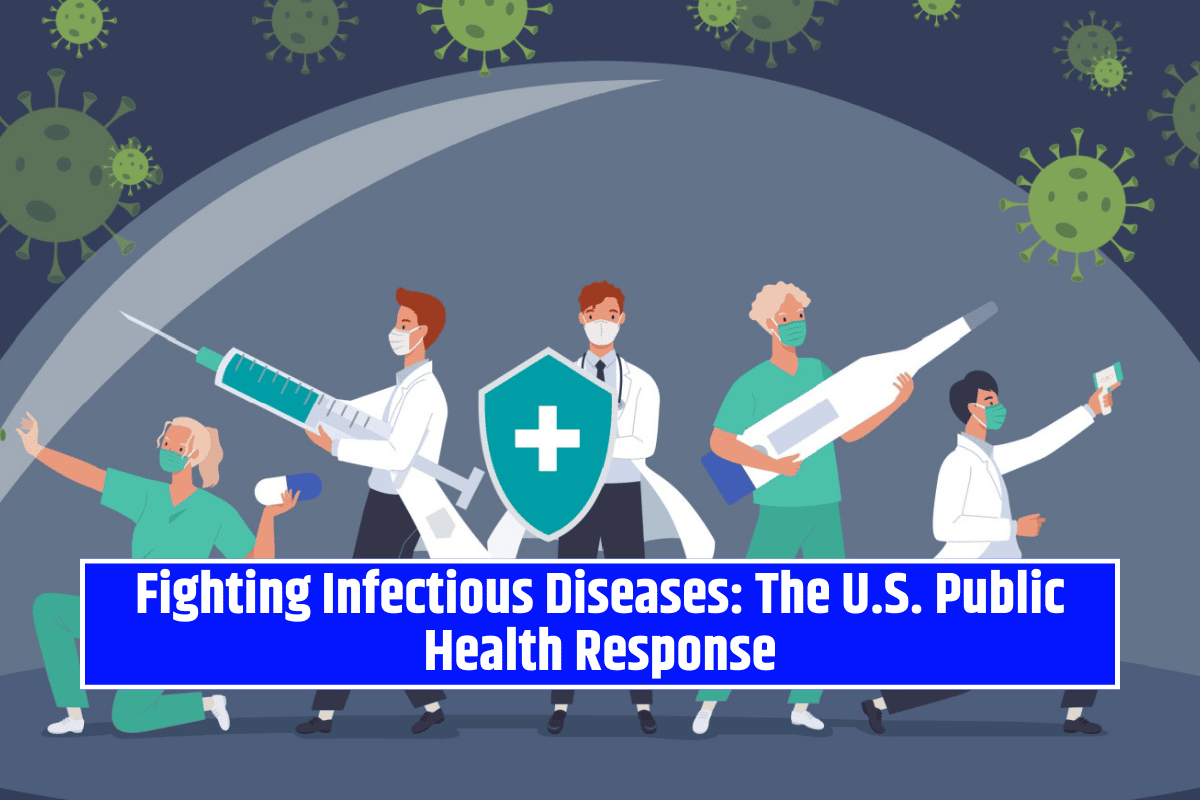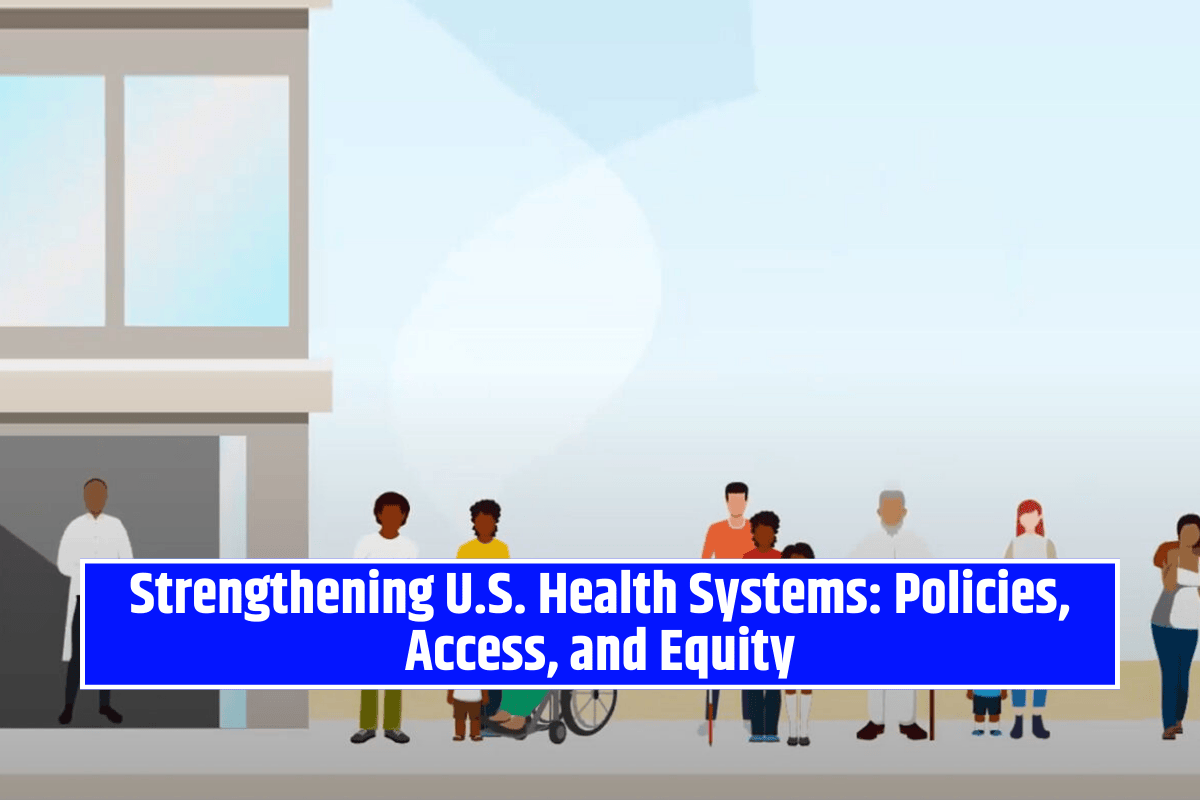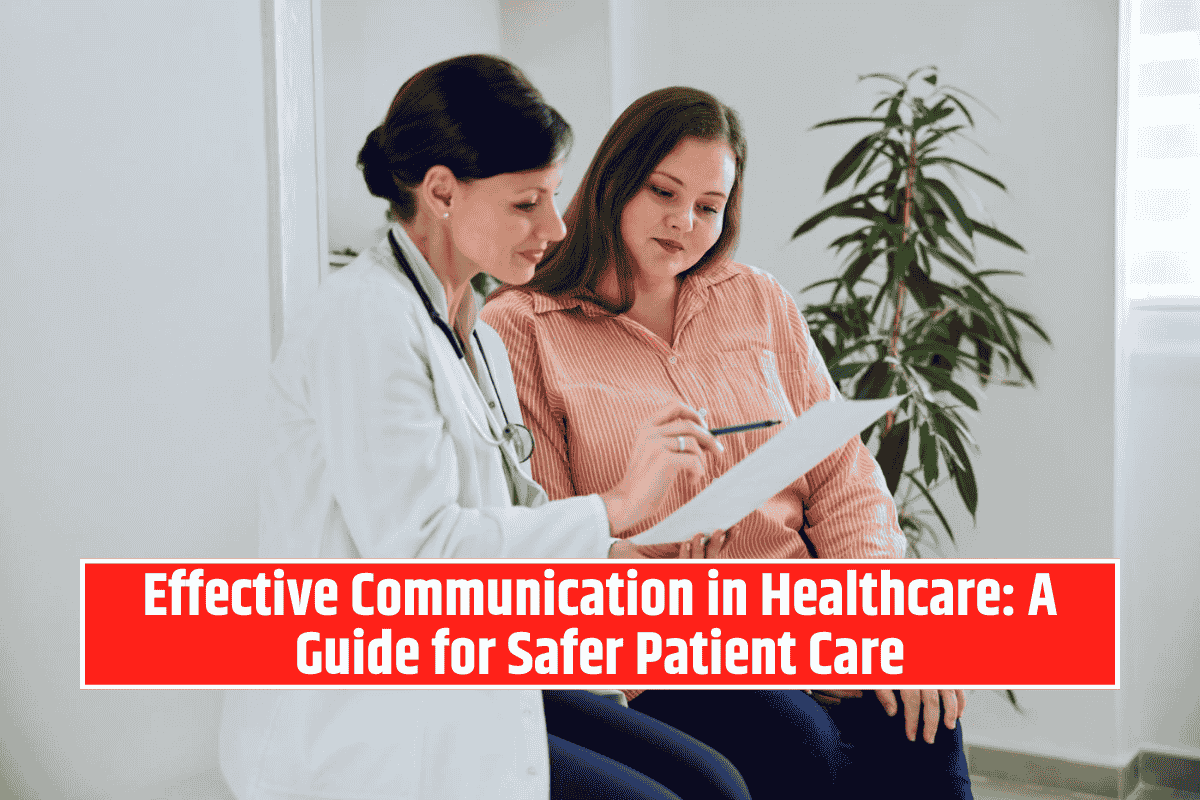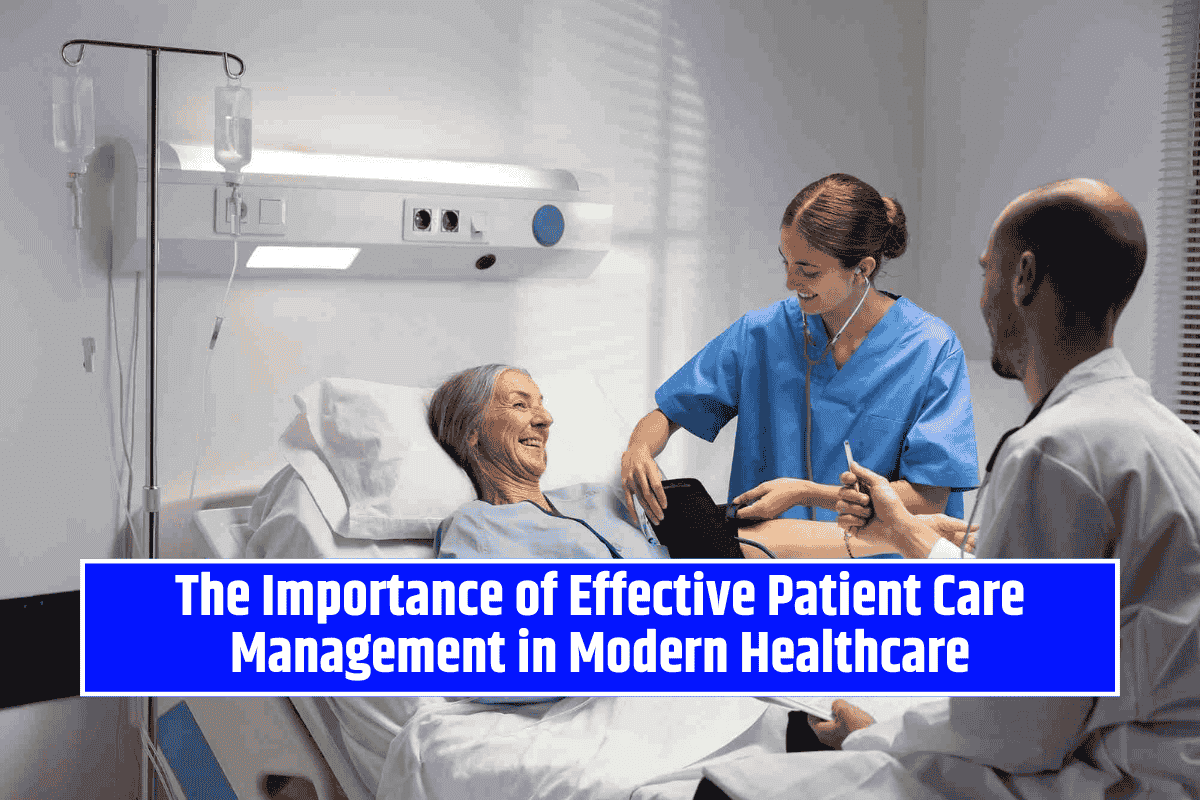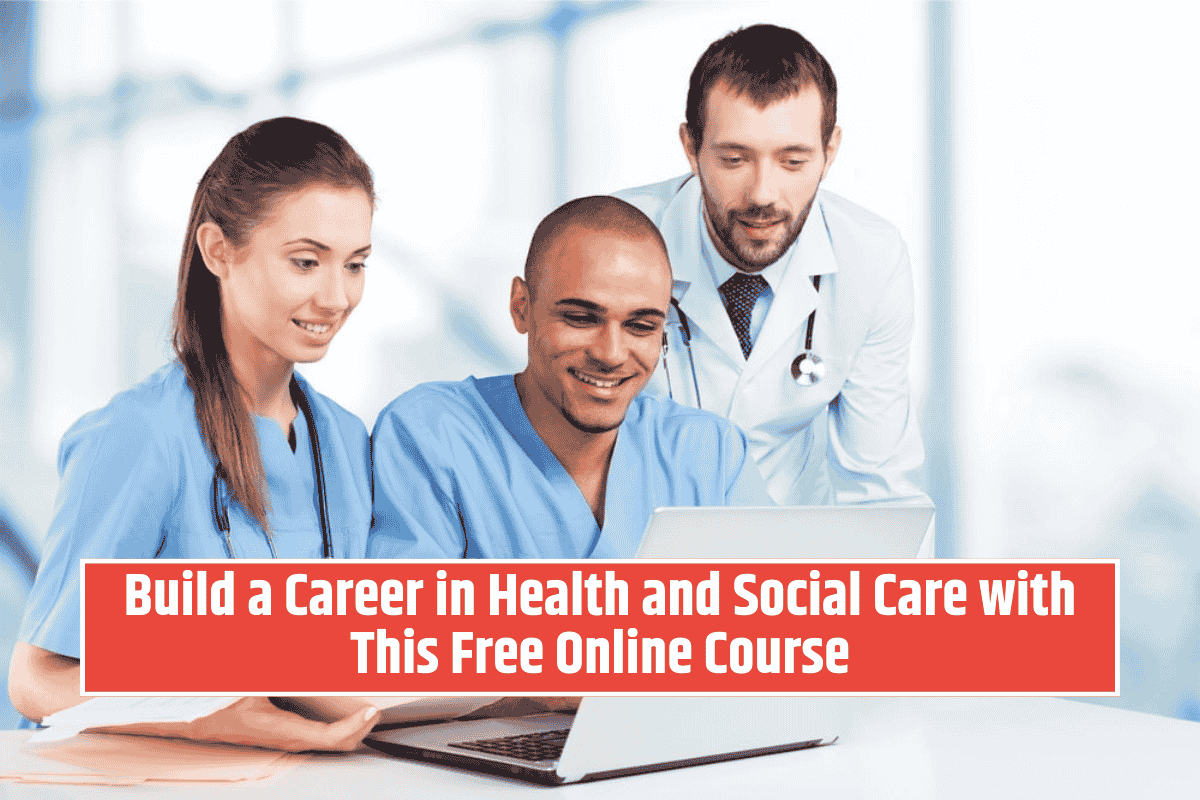Healthcare in the United States is constantly growing, changing, and adapting to new challenges. From the bustling hospitals of New York to the research hubs of Houston and Denver, one thing remains the same—clinical skills are at the core of good patient care.
These practical abilities go beyond textbooks. They’re about knowing how to treat real people in real situations, ensuring every patient receives safe, respectful, and effective treatment.
What Are Clinical Skills in the U.S. Healthcare System?
Clinical skills are the hands-on techniques and judgment doctors, nurses, and other medical staff use to:
- Examine and talk to patients
- Diagnose illnesses
- Perform treatments and procedures
- Communicate with patients and healthcare teams
In the U.S., these skills are taught through a mix of:
- Simulation labs (like in Boston medical schools)
- Hospital rotations (as in teaching hospitals in Chicago)
- Mentorship by senior professionals
Learning clinical skills isn’t just about knowing facts—it’s about doing, thinking critically, and being patient-focused.
The Importance of Communication Skills
In American healthcare, communication is just as important as diagnosis. Doctors must explain things clearly, listen carefully, and show empathy.
For example:
- In San Francisco, hospitals teach cultural sensitivity to connect better with diverse patients.
- In Atlanta, staff are trained to use plain language to explain health conditions and treatment plans.
Good communication helps in:
- Reducing medical mistakes
- Making patients feel respected and heard
- Encouraging people to follow treatment correctly
It’s one of the most powerful ways to build trust between doctors and patients.
Being Skilled at Diagnosis
Diagnosing health problems correctly is a major part of clinical practice. American doctors are trained to:
- Ask the right questions
- Notice small signs and symptoms
- Interpret lab tests and scans accurately
In places like Houston and Philadelphia, doctors practice using real-life cases and simulations. This helps them make smart, fast decisions—especially in emergencies.
Hands-On Procedures and Safety
Procedural skills include things like:
- Giving injections
- Drawing blood
- Operating machines
- Performing surgeries
Clinicians in busy hospitals—like those in Los Angeles or Miami—must be quick and careful. They practice these tasks under supervision until they can do them safely and confidently.
Good procedural training:
- Prevents errors
- Saves lives
- Makes healthcare faster and more reliable
Ethics and Putting Patients First
U.S. hospitals care for people from all walks of life. That’s why clinical training also focuses on:
- Medical ethics
- Patient rights
- Cultural understanding
In places like New York City and Washington, D.C., medical staff are trained to:
- Respect patients’ values and choices
- Handle sensitive situations with care
- Make decisions that are legally and morally right
This creates a healthcare system where every patient feels valued.
Lifelong Learning and Skill Updates
In medicine, learning never stops. Doctors and nurses must keep up with:
- New treatments
- New diseases
- New technologies
In Seattle, Chicago, and across the country, professionals attend conferences and online courses to stay current. This means they can give the best care—whether it’s a common cold or a rare condition.
Using Technology to Improve Clinical Skills
Technology is changing how medical professionals learn and work. Across the U.S., hospitals use:
- Simulators that mimic real emergencies
- Telemedicine to reach patients remotely
- AI tools that help spot diseases faster
In Boston and San Diego, simulation centres allow doctors to practice surgery, childbirth, or emergency care—without risking real lives. These tools make learning safer and more effective.
Why Clinical Skills Matter More Than Ever
Good clinical skills are the link between medical knowledge and real-life care. Without them:
- Patients might not understand their illness
- Mistakes can happen during treatment
- Care becomes cold and robotic
With strong clinical skills, healthcare providers can:
- Connect with patients
- Make quick, accurate decisions
- Work efficiently as part of a team
- Handle emergencies and complex situations with confidence
In a fast-paced and diverse country like the U.S., this makes all the difference.
Clinical skills are the foundation of successful healthcare in the United States. They go beyond textbooks—they involve real-world practice, continuous learning, and compassion.
From top hospitals in Boston to innovative clinics in Los Angeles, the focus is on training professionals who are not only smart but also skilled, ethical, and caring.
By mastering clinical skills, healthcare providers can make better decisions, support their patients more effectively, and create healthier communities. In the end, strong clinical skills don’t just save lives—they build trust, improve quality of care, and shape a better future for healthcare in America.
FAQs
What are clinical skills in healthcare?
Clinical skills are the practical abilities healthcare professionals use to examine patients, make diagnoses, perform procedures, and communicate effectively. These skills form the foundation of quality patient care.
Why are clinical skills important in the U.S. healthcare system?
Clinical skills ensure accurate diagnosis, safe treatment, and strong patient-doctor relationships. In the U.S., these skills are essential for improving outcomes and maintaining high standards of care.
How are clinical skills taught in American medical schools?
U.S. medical schools use a combination of simulation labs, clinical rotations, real patient interactions, and mentorship programs to teach and assess clinical skills in real-world settings.
How does technology improve clinical training in the U.S.?
Technology enhances clinical training through simulation-based learning, telemedicine, and AI-assisted diagnostics, allowing healthcare professionals to safely practice and improve their skills.
What role does communication play in clinical practice?
Effective communication helps patients understand their health conditions and treatment plans. It also reduces errors, increases satisfaction, and supports ethical, patient-centered care.

